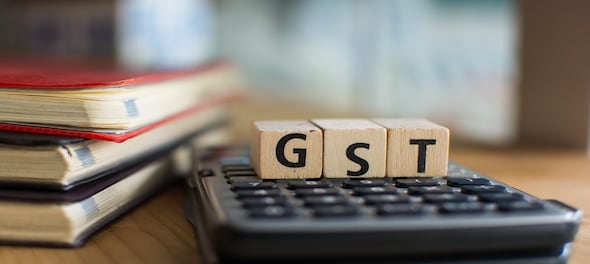
The Central Board of Indirect Taxes and Customs (CBIC) has issued a circular clarifying the concern regarding the application of the demand and penalty provisions on transactions involving fake invoices under the Central Goods and Services Tax Act, 2017.
The circular states that there have been several instances when registered people have been found to have issued tax invoices without supplying any services and/or products in order to enable their recipients the opportunity to fraudulently claim and utilise input tax credit (ITC).
Also read:
“The clarification has been provided with respect to what constitutes ‘supply’ and, in cases of circular trading, there may not be tax brunt in several cases when the transaction does not qualify as supply. This was the argument advanced in various courts as well,” said Khaitan & Co partner Abhishek A Rastogi, who is presenting dozens of these petitions in multiple courts.
He said the clarification stipulates that there will be penal actions with no demand in most circumstances. "As a corollary, there are chances that the number of arrests on this matter will drastically decline," he added.
Clarifications
-If a registered person issues a tax invoice to another registered person without making any supplies of goods, services, or both, the transaction is not considered a 'supply'. The issuer can be held liable for the same and face penal action, though no penal action or tax will be applicable on the actual transaction under section 73 or 74 of the CGST Act.
-If a registered person issues a tax invoice to another without any supply of goods, services, or both, and the latter avails input tax credit on it and also issues an invoice to buyers so that s/he can use the input tax credit to pay of tax liabilities on the outward supply, then s/he will be liable for the demand and recovery of the tax. S/he could be penalised against provisions of Section 50 of the CGST Act because s/he fraudulently claimed and used an ITC based on the aforementioned tax invoice without receiving the goods and services or both.
-If a registered person issues a tax invoice to another without any underlying provision of goods, services, or both, and the recipient of the invoice claims input tax credit and issues tax invoices to a third person without any supply of goods, services, or both, then the second person will not have to pay tax. The input tax credit availed of by the second person becomes ineligible, and the person will attract penal action under sections 122(1)((ii) and 122(1)(vii) of the CGST Act for issuing invoices without having supplied any goods or services and for taking any input tax credits without having actually received any goods or services.
First Published: Jul 7, 2022 7:49 PM IST
Check out our in-depth Market Coverage, Business News & get real-time Stock Market Updates on CNBC-TV18. Also, Watch our channels CNBC-TV18, CNBC Awaaz and CNBC Bajar Live on-the-go!


Lok Sabha Election 2024: What rural Delhi wants
May 16, 2024 10:10 PM
Over 50 onion farmers detained in Nashik ahead of PM Modi's visit
May 16, 2024 11:14 AM
Why Google CEO is cautiously optimistic about the election year
May 16, 2024 9:51 AM
Mark Mobius reveals how markets will react if NDA wins 400+ Lok Sabha seats
May 15, 2024 8:09 PM

